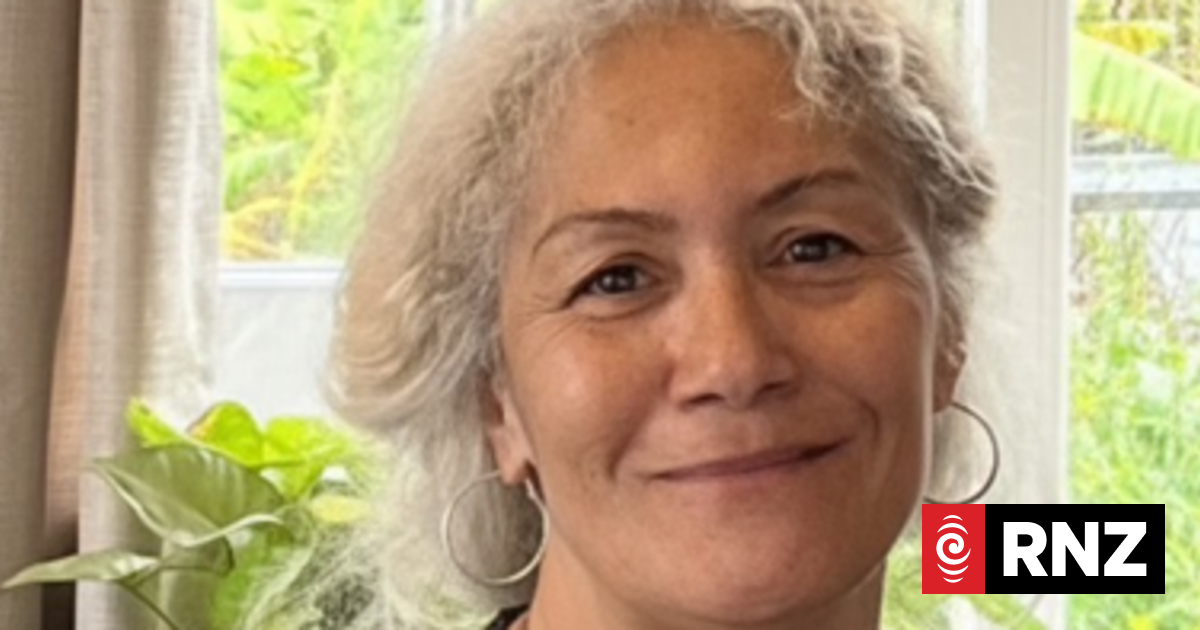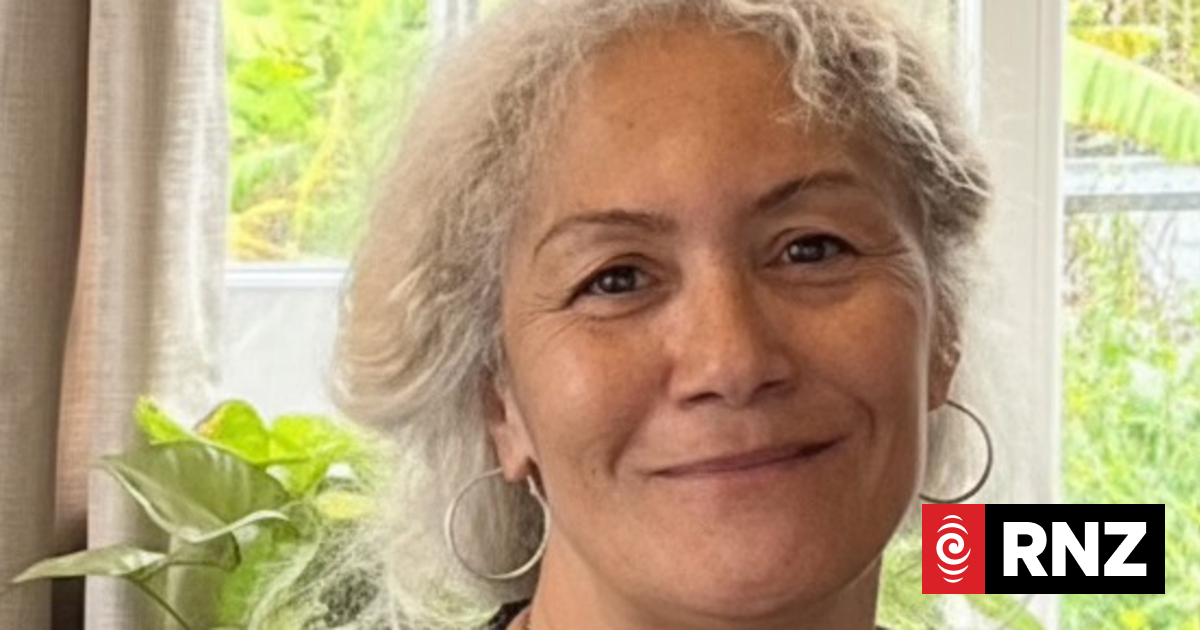Kāinga Ora senior programme manager Johan Keyser shows Te Tai Tokerau MP Kelvin Davis through one of the newly completed homes at Tapatahi Cres, Maunu.
It’s been five years in the making, and received a fair bit of opposition along the way, but the first major Whangārei public housing project in a generation has finally been completed.
The public housing development, in Puriri Park Rd, Maunu, consisting of 37 new homes, was officially opened by Te Tai Tokerau MP and Minister for Māori Crown Relations Kelvin Davies on behalf of Housing Minister Megan Woods last Friday.
The project in Tapatahi Cres and Puriri Park Rd consists of 15 one-bedroom, four two-bedroom, seven three-bedroom, eight four-bedroom and three five-bedroom homes, as well as a community room. People moved into the first five homes in mid-2022, and another dozen earlier this year, as the development was delivered in three stages.
“The Maunu development is part of a number of major public housing developments that will make a huge impact on the affordability and quality of housing in Whangārei,” Woods said.
Advertisement
/cloudfront-ap-southeast-2.images.arcpublishing.com/nzme/GTGGOUBRWFERZKQYB2GOFRTJJE.JPG)
“We have rebuilt the public housing sector since the lost years under National. When it left office it had only added six public houses to Whangārei. This government has already delivered 226, with plans for hundreds more.
“This project is part of a build programme in Whangarei that also includes a number of significant housing developments underway in Tikipunga, Kamo, and a 95-home project in the Avenues. These are going to collectively add nearly 200 homes to the Kainga Ora Whangārei portfolio.’’
The name Tapatahi Cres comes courtesy of local iwi Te Parawhau, who chose the name from the waiata Tū Tira Mai Ngā Iwi — “kia tapatahi, kia kotahi rā”. Those words are about valuing unity, and also valuing diversity.
“I can’t think of a better aspiration for a new community of public housing customers in this beautiful place,” Woods said.
Advertisement
“It’s impossible to overstate the importance of warm, dry, secure housing in driving good social outcomes. Being free of the illness that comes from living in a damp or overcrowded home, full health and employment means less time off school and work, less time going back and forth between doctors or the hospital.
/cloudfront-ap-southeast-2.images.arcpublishing.com/nzme/GCBSJE5A6JDGBAZPGNGVKT4BNU.JPG)
“The residents and schools of the area, the Whangārei community as a whole and inputs from key locals such iwi and Whangārei District Council have all contributed to getting these new homes in place.”
But the state housing development has not been without controversy and was opposed from the start, after it was first mooted in April 2018.
Many nearby residents in the area were concerned about what the housing development would do to their neighbourhood and property values.
The Puriri Park and Maunu Residents Society, which opposed the project, presented to Parliament a petition that called the highest lawmaking body to investigate the development.
The society lodged an application with Heritage New Zealand for a house on the land, next to where the state houses are to be built, to be designated a heritage site. The historical value of the house came to light from journal entries and photos provided by the Auckland-based granddaughter of William Hector McBeath — presumably the first person to build on the site.
But the appeals failed and the project is now complete.
/cloudfront-ap-southeast-2.images.arcpublishing.com/nzme/EBV4TWAJJJCYNMCFWHXL4KRE5E.JPG)
Te Tai Tokerau MP Kelvin Davis and Whangārei District Mayor Vince Cucorullo outside the newly completed state homes at Tapatahi Cres, Maunu.



